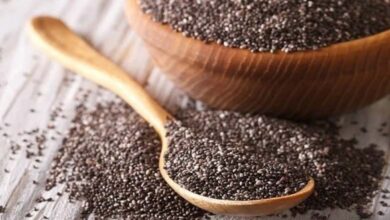Acupuncture: Effective Results or Mere Hype?

Acupuncture, an ancient practice originating from traditional Chinese medicine (TCM), has gained growing interest in the Western world over the past decades. It involves inserting fine needles into specific points on the body, aiming to restore energy balance and promote healing. Despite its popularity, debate persists: is acupuncture truly effective, or is it primarily a placebo effect and a well-marketed practice?
Historical background and theoretical basis
Acupuncture traces back more than 2,500 years in China. According to TCM, the human body contains “meridians” through which vital energy, or Qi, flows. An imbalance in this energy is believed to cause disease and pain. Needle insertion is intended to restore energy flow and stimulate natural healing mechanisms.
In the West, acupuncture has gradually been integrated into complementary medical practices, particularly for pain management, stress relief, and functional disorders.
Scientific evidence and clinical efficacy
Modern research on acupuncture yields mixed results. Positive outcomes have been reported in treating:
- chronic pain (osteoarthritis, low back pain, migraines)
- postoperative nausea and vomiting
- anxiety and sleep disorders
Randomized controlled trials show that acupuncture can significantly reduce pain perception and improve quality of life in certain chronic conditions. Proposed mechanisms include stimulation of nerve endings, endorphin release, and local blood flow modulation.
However, several meta-analyses reveal that standardized acupuncture effects are sometimes comparable to “sham acupuncture” (needles placed randomly), indicating a significant placebo component.
Limitations and risks
Although generally considered safe when performed by trained professionals, acupuncture is not risk-free:
- infections from non-sterile needles
- nerve or muscle injury
temporary symptom worsening
Additionally, in countries lacking strict regulation, commercial abuses can occur, with exaggerated or unfounded therapeutic claims.
Public perception and placebo effect
The placebo effect plays a key role in perceived acupuncture efficacy. The consultation, patient attention, and belief in the treatment can contribute to symptom relief. While beneficial for quality of life, this effect does not replace necessary conventional medical treatment for serious conditions.
Conclusion
Acupuncture may provide genuine benefits for certain chronic pain and functional disorders but should be used complementarily, not as a substitute for conventional medicine. Patients should be informed about its limitations and risks and seek qualified practitioners.
In summary, acupuncture is neither a mere gimmick nor a miracle cure. It represents a complementary therapeutic tool whose effectiveness depends on the indication, the patient, and the treatment context.












